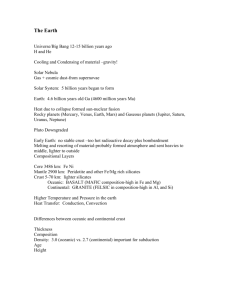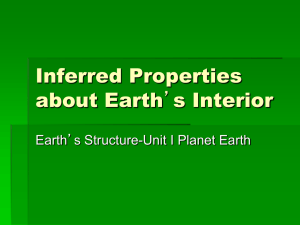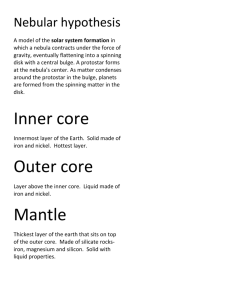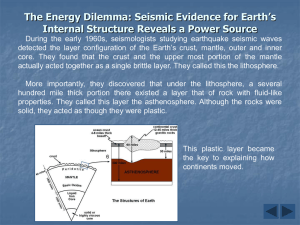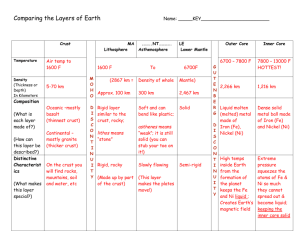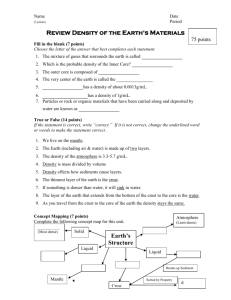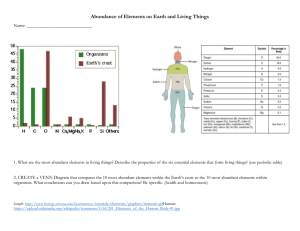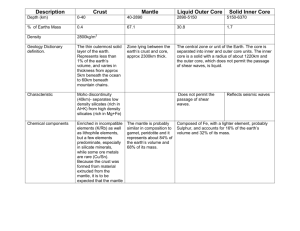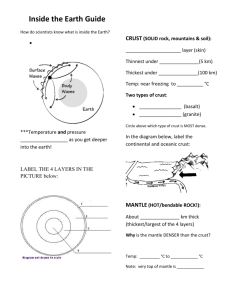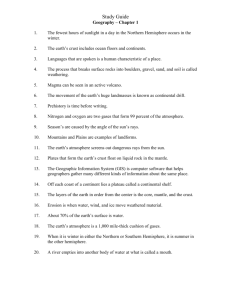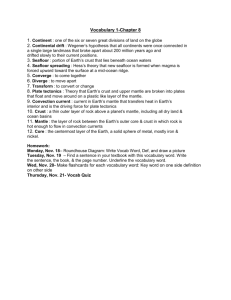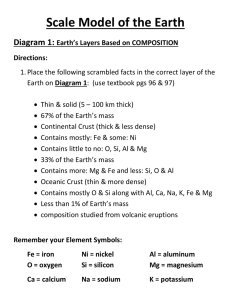Population and Growth Rates - University of Hawaii at Hilo
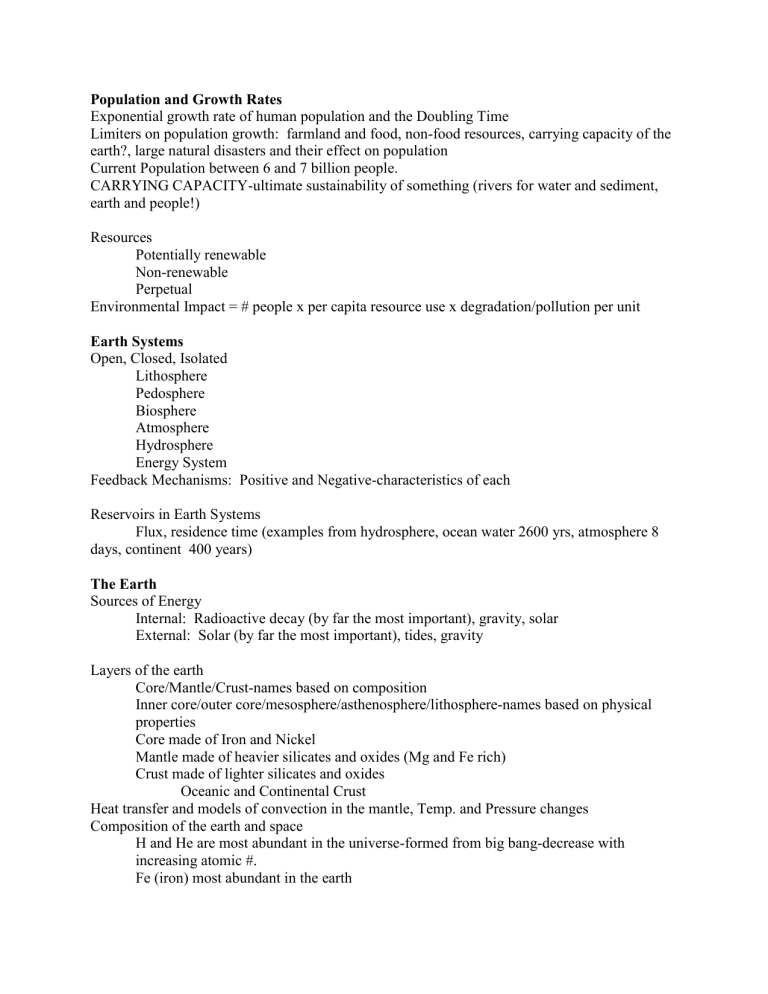
Population and Growth Rates
Exponential growth rate of human population and the Doubling Time
Limiters on population growth: farmland and food, non-food resources, carrying capacity of the earth?, large natural disasters and their effect on population
Current Population between 6 and 7 billion people.
CARRYING CAPACITY-ultimate sustainability of something (rivers for water and sediment, earth and people!)
Resources
Potentially renewable
Non-renewable
Perpetual
Environmental Impact = # people x per capita resource use x degradation/pollution per unit
Earth Systems
Open, Closed, Isolated
Lithosphere
Pedosphere
Biosphere
Atmosphere
Hydrosphere
Energy System
Feedback Mechanisms: Positive and Negative-characteristics of each
Reservoirs in Earth Systems
Flux, residence time (examples from hydrosphere, ocean water 2600 yrs, atmosphere 8 days, continent 400 years)
The Earth
Sources of Energy
Internal: Radioactive decay (by far the most important), gravity, solar
External: Solar (by far the most important), tides, gravity
Layers of the earth
Core/Mantle/Crust-names based on composition
Inner core/outer core/mesosphere/asthenosphere/lithosphere-names based on physical properties
Core made of Iron and Nickel
Mantle made of heavier silicates and oxides (Mg and Fe rich)
Crust made of lighter silicates and oxides
Oceanic and Continental Crust
Heat transfer and models of convection in the mantle, Temp. and Pressure changes
Composition of the earth and space
H and He are most abundant in the universe-formed from big bang-decrease with increasing atomic #.
Fe (iron) most abundant in the earth
Si and O most abundant in the crust + Na, K, Ca, Fe, Al, Mg, Ti =most of crust
